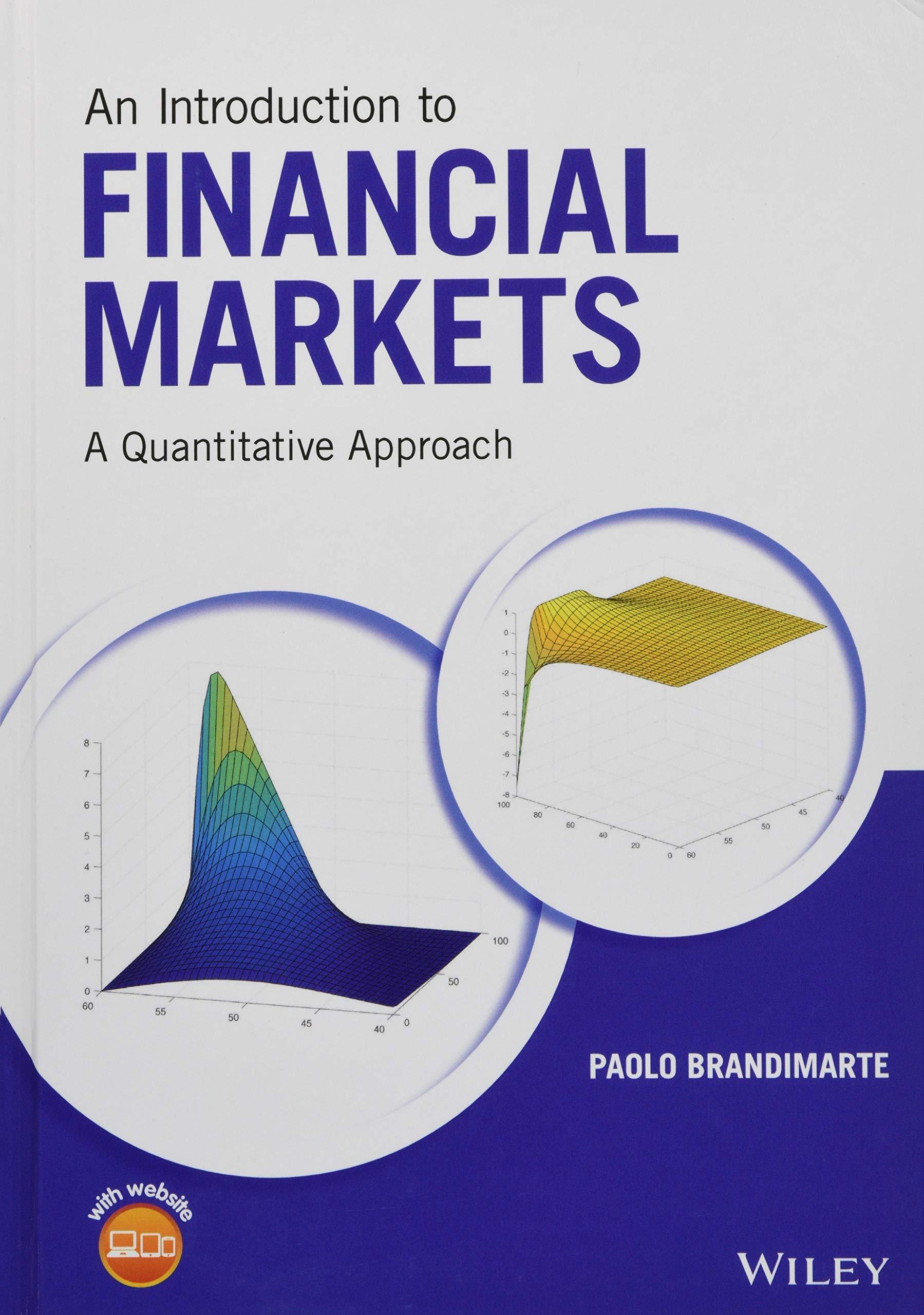We have considered perfect hedging, and we have taken for granted that we know the size of
Question:
We have considered perfect hedging, and we have taken for granted that we know the size of the required hedge. Consider the case of a US firm that will need an amount of \(N\) euro in six months. The firm could buy the euros now, but this would be bad for liquidity. An alternative is to take a long position in a forward contract for an amount \(N\), locking the price.
So far, so good. But we should ask why the firm needs that amount of currency. Imagine that the firm has anticipated the need to buy a set of components from a supplier in the eurozone, to assemble a given number of equipments for a client in the USA. The amount \(N\) depends on how many items the client plans to order, which determines the number of components needed. What happens if, maybe because of economic recession, the client cuts the order by a significant amount? Now the US manufacturer has to buy an excessive amount of euros, at a locked forward price, and the hedge is not perfect anymore. If the dollar drops with respect to euro, no harm done: The firm will end up with a windfall payoff, but speculation on currencies is not its core activity. If, on the contrary, the euro drops, the firm will have to buy euros that it does not need, at a large price, just when the business is turning sour. Chances are that the risk manager will find himself in an uncomfortable spot when trying to explain this to his boss. Overlooking volume risk may be dangerous, indeed.
Step by Step Answer:

An Introduction To Financial Markets A Quantitative Approach
ISBN: 9781118014776
1st Edition
Authors: Paolo Brandimarte





